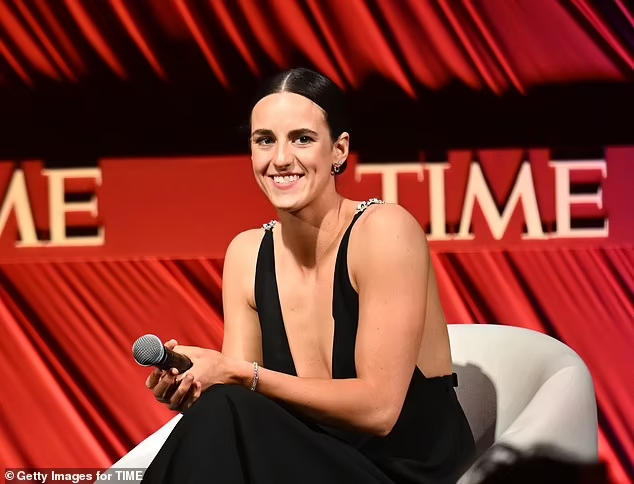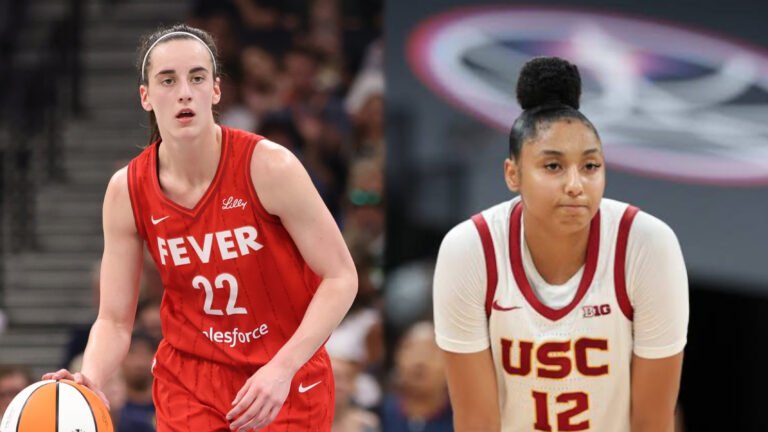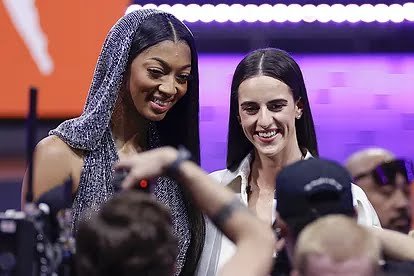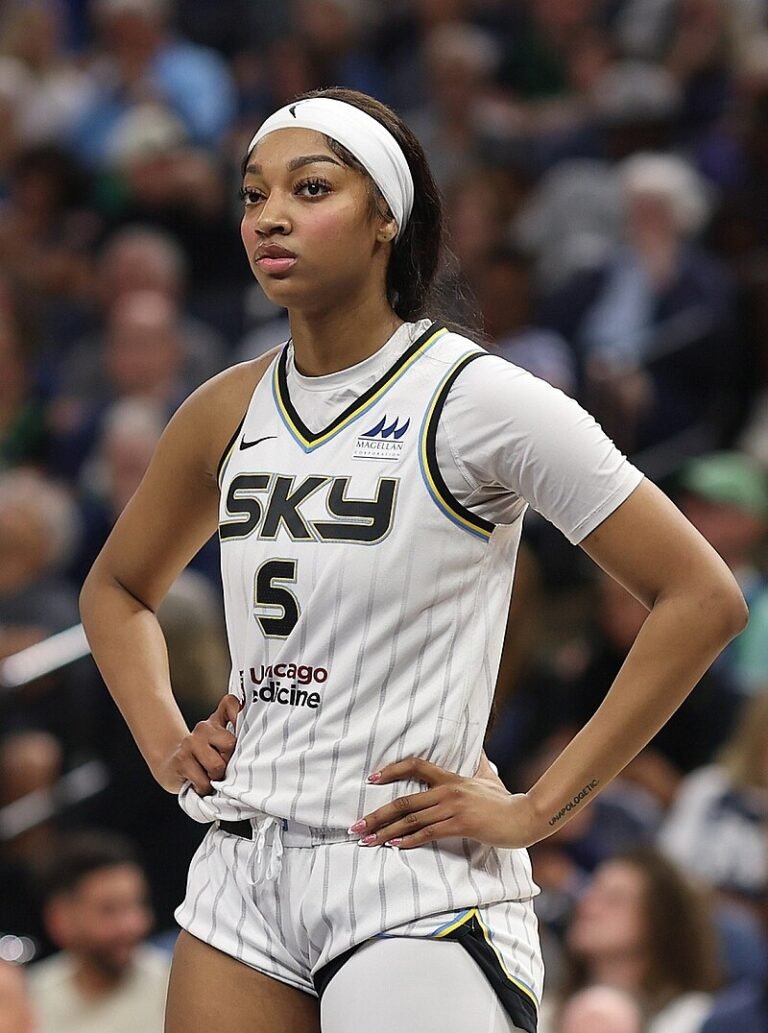
The latest controversy stems from Clay Travis of Outkick.com, who conducted a heavily biased poll addressing Caitlin Clark’s recent remarks on privilege and diversity in the WNBA. The question posed to his audience on X asked whether they would reduce their viewership of Clark’s games following her so-called capitulation to the “woke lunatics” steering the league. Unsurprisingly, nearly 70 percent of Travis’s conservative followers voted to sever their ties with the league, amplifying his narrative of disapproval.
Clark’s comments, featured in Time, reflect her awareness of societal dynamics within the league. “I want to say I’ve earned every single thing, but as a white person, there is privilege,” Clark remarked. She emphasized the historic contributions of Black athletes in shaping the WNBA’s success, urging the sports community to celebrate and uplift these players. “The more we can appreciate that, highlight that, and then continue to have brands and companies invest in those players… that’s going to be a beautiful thing,” she added. However, her perspective, rooted in acknowledgment and unity, provoked backlash from prominent conservative voices.
Megyn Kelly criticized Clark’s stance, accusing her of “self-flagellation” and deeming her efforts condescending and insincere. Kelly, no stranger to contentious racial debates, has long framed such discussions in provocative terms, often stirring public controversy. Meanwhile, Jason Whitlock expressed a deeper personal offense, interpreting Clark’s statements as a rejection of conservative support. Whitlock, known for his vehement critiques of the WNBA and its players, described her interview as a symbolic surrender in an imagined culture war, characterizing her as a casualty of progressive ideology.
Clark’s rookie season in the WNBA has seen her caught in the crossfire of heated cultural and racial debates. Though she has consistently deflected negativity and avoided framing herself as a victim, her prominence has attracted polarizing opinions. An incident involving her being shoved by Chicago Sky’s Chennedy Carter sparked widespread attention and reignited discussions about sportsmanship and racial dynamics. While some viewed the moment as emblematic of the challenges Clark faces, she has remained steadfast in her focus on the game and her contributions to the league.
Amid these broader discussions, several figures have highlighted the systemic neglect of Black players’ achievements in the WNBA. Las Vegas Aces star A’ja Wilson poignantly noted the persistent undervaluation of Black athletes. “It doesn’t matter how hard I work… we’re still going to be swept underneath the rug,” she stated in May. Clark’s efforts to amplify these voices underscore her intention to bridge divides rather than deepen them, though her words have been met with a spectrum of reactions reflective of ongoing cultural tensions.






